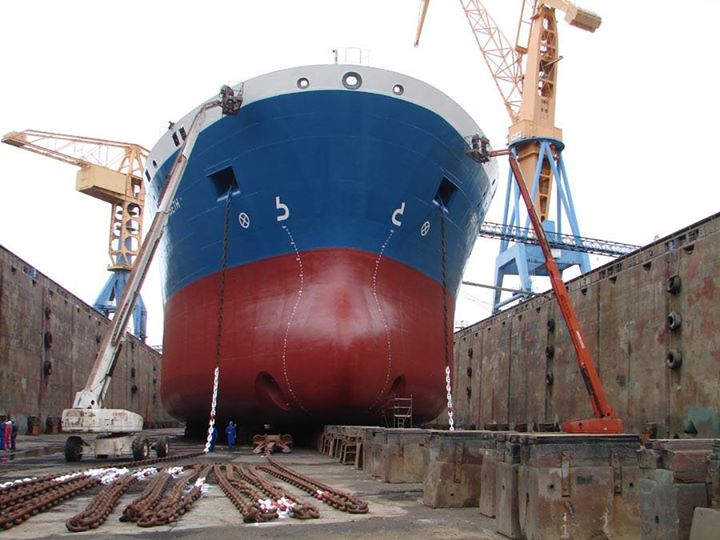
Commercial ships rely heavily on their engines to operate efficiently and safely while out at sea. Proper engine maintenance is crucial to ensuring the longevity and performance of the engine. In this ultimate guide, we will walk you through everything you need to know about engine maintenance for commercial ships.
Regular inspections are a key component of engine maintenance. Before each voyage, it is important to conduct a thorough inspection of the engine to check for any signs of wear and tear, leaks, or other issues. This can help prevent more serious problems from occurring while at sea. Regular inspections can also help identify any potential issues early on, allowing for timely repairs and maintenance.
Regular oil changes are essential for keeping the engine running smoothly. Engine oil helps lubricate the moving parts of the engine and prevents overheating. Over time, engine oil can break down and become less effective, which can lead to increased wear and tear on the engine. It is recommended to follow the manufacturer's guidelines for oil changes and to use high-quality oil that is suitable for marine engines.
Cooling systems are another important aspect of engine maintenance for commercial ships. The engine's cooling system helps regulate the temperature of the engine and prevents it from overheating. Regularly checking the cooling system for leaks, blockages, or other issues is crucial to ensuring the proper functioning of the engine. It is also important to flush and replace the cooling system's coolant according to the manufacturer's recommendations.
Proper fuel management is essential for maintaining the engine's performance and efficiency. Using high-quality fuel that is free from contaminants can help prevent fuel system issues and engine problems. It is important to regularly inspect the fuel system for leaks, blockages, or other issues that could affect the engine's performance. Additionally, it is recommended to keep fuel tanks clean and to regularly change fuel filters to ensure the engine is receiving clean fuel.
Regular maintenance of the engine's air intake system is important for ensuring the engine receives a sufficient amount of clean air. The air intake system helps deliver air to the engine for combustion, and any blockages or restrictions in the system can affect the engine's performance. It is essential to regularly inspect and clean the air filters and intake ducts to prevent any issues that could impact the engine's efficiency.
Properly maintaining the engine's electrical system is crucial for ensuring the engine operates smoothly and efficiently. Regularly checking the battery, alternator, and other electrical components can help prevent electrical issues that could affect the engine's performance. It is important to keep the electrical system clean and free from corrosion, and to replace any worn or damaged components as needed.
Regularly inspecting and maintaining the engine's exhaust system is essential for ensuring the engine operates safely and efficiently. The exhaust system helps remove harmful gases and pollutants from the engine, and any leaks or blockages in the system can pose a safety hazard. It is important to regularly check the exhaust system for leaks, corrosion, or other issues, and to repair or replace any damaged components as needed.
Proper engine maintenance for commercial ships also includes keeping detailed maintenance records. Keeping track of when maintenance tasks were performed, what was done, and any issues that were identified can help ensure that the engine is well-maintained and operating at its best. Regularly reviewing maintenance records can also help identify any trends or patterns that may indicate potential issues with the engine.
In conclusion, proper engine maintenance is essential for ensuring the longevity, performance, and safety of commercial ship engines. By following the tips outlined in this ultimate guide, you can help keep your ship's engine in top condition and prevent costly repairs or downtime. Remember to conduct regular inspections, perform routine maintenance tasks, and keep detailed maintenance records to help keep your engine running smoothly while out at sea.